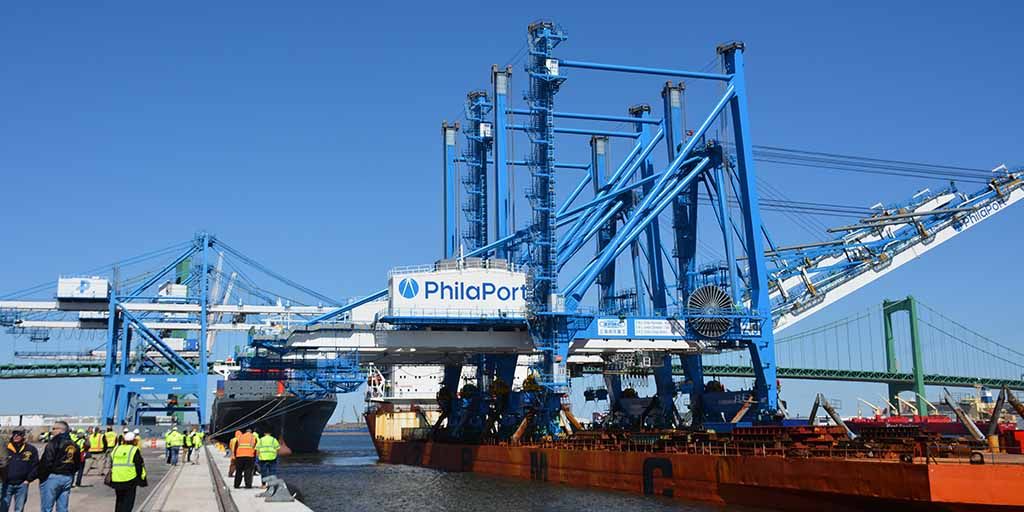Under both international agreements and the national trade laws of most countries, domestic industries have access to trade remedies when imports are «dumped» or «subsidized» and those imports cause injury, or a threat from it, to a domestic industry.
Although there are differences in the way in which trade remedies are evaluated, these laws have common characteristics established in accordance with the rules of the World Trade Organization (WTO).
Trade remedies
Dumping involves exporting a product at a price lower than that at which the same or a similar product is sold in the exporter’s domestic market, or when export prices are lower than a value that should normally be equal to or higher than the total cost of the goods. production (including sales and marketing costs) plus a reasonable amount to make a profit.
On the other hand, government grants (including, but not limited to, artificially low interest rate loans and grants) are equally actionable under certain circumstances.
The trade remedies available are typically (i) an anti-dumping duty order when dumping is found and (ii) a countervailing duty order or suspension agreement when an injurious subsidy is found.
Normally, the tariff is equal to the amount of dumping or subsidy that is generally imposed on the imported product (except in the European Union, where the lower tariff rule applies).
Consequently, according to ArcelorMittal, those suspension orders and agreements do not prevent the importation of a product, but rather require that the price of the product be at a non-dumped level or without the benefit of subsidies, or that the importer pay the difference. between that dumped or subsidized product price and the actual price to the government as a tax.
What is dumping?
Dumping is, in general, a situation of international price discrimination: the price of a product, when it is sold in the importing country, is lower than the price at which that product is sold in the market of the exporting country.
Thus, according to the WTO, in the simplest case, dumping is determined simply by comparing prices in two markets.
However, the situation is seldom that simple, if it ever is, and in most cases it is necessary to undertake a series of complex analyzes to determine the appropriate price in the market of the exporting country (to which it is applied). called “normal value”) and the appropriate price in the market of the importing country (which is called “export price”) in order to be able to make a proper comparison.
![]()

